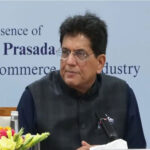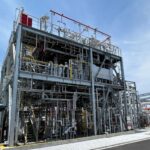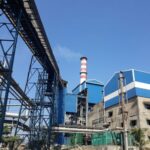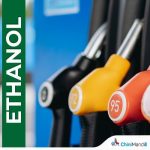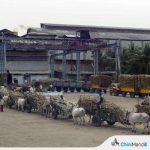India’s ambitious goal of achieving ethanol blending targets in petrol may face challenges due to inconsistent state-level policies. While states like Assam, Odisha, and Chhattisgarh have rolled out substantial incentives to promote ethanol production, others such as Punjab, Haryana, Uttar Pradesh, Uttarakhand and Himachal Pradesh have imposed fees/levies that could hinder progress, according to ethanol producers.
To supplement central support and boost farmers’ incomes while promoting cleaner fuel alternatives, several states have introduced production-linked incentives for grain-based ethanol. Assam, for example, few months ago approved a Production Linked Incentive (PLI) of Rs 2 per litre of ethanol for a period of three years.
In contrast, states like Punjab have increased license fees, annual renewal charges, and introduced a new regulatory fee on ethanol. These measures, industry stakeholders say, could disrupt smooth operations of ethanol units and increase overall production costs.
Recently, the Union Ministry of Petroleum and Natural Gas has also written a letter to the Punjab government requesting a reconsideration of the fees imposed under the state’s excise policy on ethanol production. The letter reads that it has been brought to the Ministry’s notice by Oil Marketing Companies (OMCs) that as per the excise policy of Punjab state, there is a substantial increase in the license fee, annual renewal fee and capacity enhancement fee for Distilleries (Part D, Para 6 a & b of Punjab’s Excise Policy). Also, Para 29 ‘Regulatory fee on ethanol’ of the Policy makes a provision to levy Regulatory Fee (Ethanol Permit/Pass fee) @ Rs. 1 per Bulk Litre.
“The increased fee in the Excise Policy 2025-26 is likely to increase the cost of ethanol blended petrol, affecting the viability of ethanol producers/suppliers and OMCs. The provision to levy Regulatory Fee (Ethanol Permit/Pass fee) in Excise Policy may restrict free movement of ethanol within and outside the state, which will increase the cost of ethanol blended petrol,” the letter further stated.
The Grain Ethanol Manufacturers Association (GEMA) has also raised concerns that such state-level discrepancies could jeopardize national ethanol blending targets. Disparities in regulatory frameworks, they argue, disrupt supply chains and impact investment in the sector.
Dr. C. K. Jain, President of GEMA, said: “The success of India’s ethanol blending program hinges on consistent and supportive policies across all states. The disparity in state policies creates a fragmented approach to ethanol production across the country. While states offering incentives may attract investment and boost local economies, those imposing levies could hinder the growth of the biofuel sector. This inconsistency may lead to uneven development, with some regions advancing in ethanol production while others lag behind. We urge states to review their policies and reconsider any levies or fees on ethanol, as doing so will not only support farmers and producers but also help the country smoothly achieve its ethanol targets.”
In the current Ethanol Supply Year (ESY) 2024-25, ethanol blending in petrol reached 19.7 per cent in April, while the cumulative average ethanol blending from November 2024 to April 2025 stood at 18.6 per cent. Public Sector Oil Marketing Companies (OMCs) received 87.9 crore liters of ethanol under the EBP program in April 2025, bringing the cumulative total to 457.4 crore liters from November 2024 to April 2025.
According to official data, the ethanol blended under the EBP program in April 2025 totaled 86 crore liters, bringing the total to 477.1 crore liters from November 2024 to April 2025.







